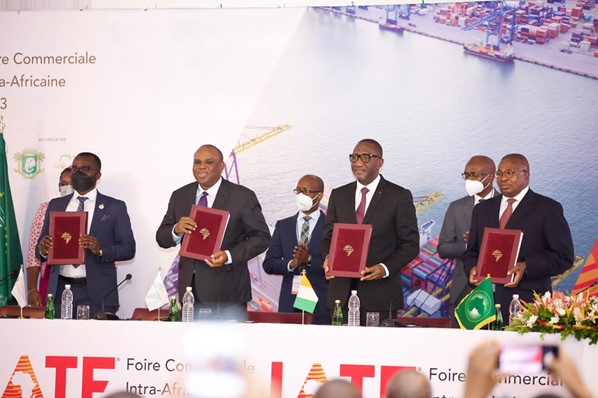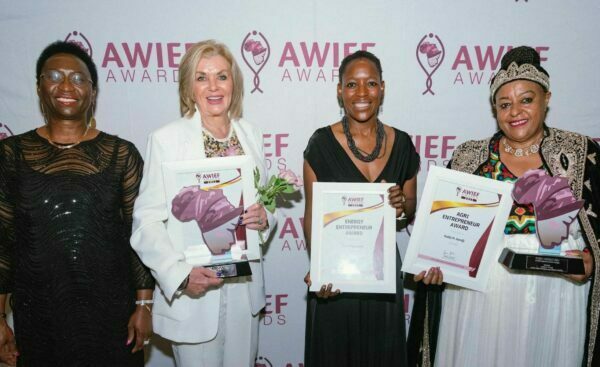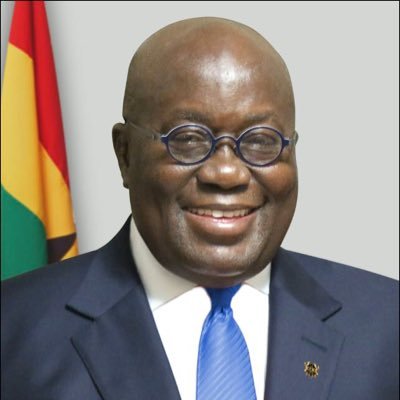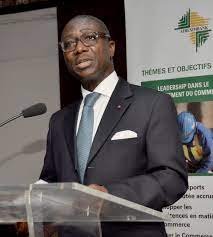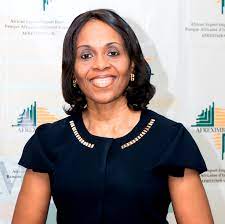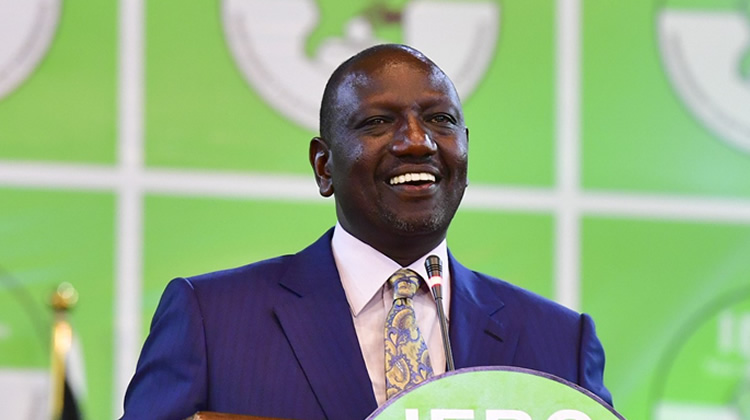African B2B Auto Marketplace Shekel Mobility Attracts $7M Investment from Leading VCs for Expansion
Shekel Mobility, a B2B marketplace for auto dealers in Africa, has successfully raised $7 million in funding. The investment comprises $3.2 million in equity and over $4 million in debt. Ventures Platform and MaC Venture Capital led the funding round, co-leading the seed round along with other investors from the previous pre-seed round, such as Y Combinator, Rebel Fund, Unpopular Ventures, Maiora Capital, PageOne Lab Inc., Phoenix Investment Club, Heirloom VC, Pioneer Ventures, and several angel investors. The debt component was provided by Zedvance, VFD Microfinance Bank, Zenith Bank, and Fluna, among others.
The funds are intended to be a catalyst for Shekel Mobility’s growth, aiming to quadruple its current Annual Recurring Revenue (ARR) of slightly over $2 million. The startup plans to leverage this financial infusion to propel itself toward its next priced round. The co-founder, Benjamen Oladokun, revealed in an interview that the strategic deployment of these funds is crucial for the startup’s expansion and positioning within the rapidly evolving African automotive market.

Why the Investors Invested:
Ventures Platform and MaC Venture Capital, among others, invested in Shekel Mobility due to the critical role it plays in addressing the unique challenges faced by small auto dealers in Africa. The primary drivers behind their investment are:
read also BasiGo Secures $1.5M Funding from USAID to Drive Electromobility in East Africa
- Proven Traction: Shekel Mobility, in its 20 months of operation, has demonstrated substantial traction. The startup has facilitated over $56 million in auto dealer transactions, empowering and supporting the growth of more than 1,400 dealers across 7,000 cars. This proven track record showcases the effectiveness of Shekel Mobility’s platform in driving real-world transactions within the African used car market.
- Zero Default Rate: A pivotal factor contributing to investor confidence is Shekel Mobility’s meticulous control of the end-to-end process of buying and selling cars through dealerships. The startup boasts a 0% default rate, a testament to the efficacy of its financing model and risk management strategies. This exceptional performance enhances Shekel Mobility’s appeal to investors seeking reliability and stability in their investment portfolios.
- Financial Efficiency: The startup’s flagship product, Shekel Credit, offering auto dealers immediate access to financing with credit limits up to $200,000, has not only facilitated transactions but has done so with financial efficiency. The financing model, where the dealer contributes 30% of the total cost, ensures a streamlined process with the remaining 70% provided as a loan by Shekel Mobility. This financial efficiency aligns with investor expectations of sound fiscal management and responsible lending practices.
- Strategic Expansion Plans: Investors are drawn to Shekel Mobility’s proactive approach to growth. The startup plans to utilize the newly acquired funds to quadruple its current Annual Recurring Revenue (ARR) of slightly over $2 million. This growth-oriented strategy, coupled with the intention to introduce new offerings like Shekel Business, showcases a well-defined roadmap for scaling operations and further penetrating the African automotive market.
Generally, the investors see Shekel Mobility as a market-creating innovation with the potential to transform and ignite the automotive industry in Africa. Kola Aina, the founding partner at Ventures Platform, emphasizes the importance of Shekel’s innovation in expanding Nigeria and Africa’s automotive industry. Marlon Nichols, founder and managing partner at MaC Venture Capital, underscores the startup’s role in empowering small businesses and facilitating the movement of millions of dollars through the Nigerian economy.
read also Egyptian EdTech AKHDAR Gains Major Investment Boost from Saudi Venture Studio
A Look at Shekel Mobility:
Founded by Benjamen Oladokun and Sanmi Olukanmi, Shekel Mobility is a YC-backed B2B auto dealers marketplace focused on the $30 billion African used car market. The founders bring significant expertise from their involvement in Eazypapers Technologies, a digital vehicle documentation platform catering to FMCG, mobility, and logistics companies.
Shekel Mobility’s primary goal is to become the premier platform for launching and growing car dealerships in Africa, with a target of reaching transactions amounting to $10 billion annually by 2025. The startup, operating for the last 20 months, has already facilitated over $56 million in auto dealer transactions, supporting the growth of more than 1,400 dealers across 7,000 cars.
read also Egyptian FinTech Fawry and Group-IB Jointly Confirm System Security Amidst Recent Controversy
At the core of Shekel Mobility’s success is its flagship product, Shekel Credit, providing auto dealers with immediate financing access, with credit limits up to $200,000 for vehicle purchases. The startup controls the end-to-end process of buying and selling cars through dealerships, ensuring a 0% default rate. Looking ahead, Shekel Mobility plans to introduce new offerings, including Shekel Business, designed to digitize informal trading processes within the auto dealership vertical and further streamline sales and structuring processes for dealers.
Charles Rapulu Udoh

Charles Rapulu Udoh is a Lagos-based lawyer, who has several years of experience working in Africa’s burgeoning tech startup industry. He has closed multi-million dollar deals bordering on venture capital, private equity, intellectual property (trademark, patent or design, etc.), mergers and acquisitions, in countries such as in the Delaware, New York, UK, Singapore, British Virgin Islands, South Africa, Nigeria etc. He’s also a corporate governance and cross-border data privacy and tax expert.
As an award-winning writer and researcher, he is passionate about telling the African startup story, and is one of the continent’s pioneers in this regard


